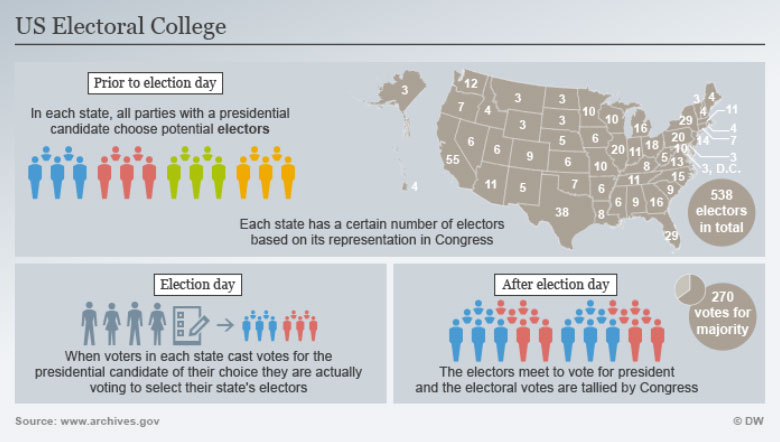CHATTANOOGA (mocsnews.com) –
The U.S. presidential election system has long been dominated by two major parties, leaving third-party candidates struggling to gain traction. Prime example of this would 6th November 2024 victory of Donald Trump, and the loss of Kamala Harris. It is also one election with most third-party candidates. The election process has it disadvantages for third parties and the broader implications for American democracy. One such candidate, Brittany Jones, an unaffiliated candidate in the 2024 election, has faced many roadblocks within her campaign and her efforts to bring accountability and transparency to the political system
Brittany Jones’s Campaign
Jones, running as an unaffiliated candidate in the 2024 U.S. Presidential Elections, hails from Arizona and has a diverse background, including being a U.S. Army veteran, a business owner, and a member of the LGBTQ+ community. Her campaign focuses on human rights reform, enforcing the separation of church and state, and reforming the two-party system. Jones emphasizes the need for accountability and transparency in government, advocating for a system that works with and for the people. Her platform includes comprehensive reforms to enhance government accountability, such as investigating finance regulations and ethics standards.
Jones stated, “The voting system itself works, it’s the interference and favoritism by mainstream media that rigs it. A candidate cannot get on the polls, without being in the media, and without being in the polls we don’t qualify for the debates. This prevents a lot of constituents from hearing of us and our message.”

Jones highlighted the severe election interference her campaign faced, which she believes contributed to the outcome. She emphasized the need for education to address the biased political education that favors the two main parties.
Challenges Faced by Third-Party Candidates
Third-party candidates face significant challenges in gaining visibility and support. M. Forrest, a student and member of Brittany Jones’ campaign team, believes that third-party candidates do not receive the recognition they deserve and are overshadowed by the failing two-party system. “Third parties do not get the recognition they deserve, overshadowed by the failing two-party system,” Forrest said.
Loretta Marvin, a homemaker and small business owner, from Marion County, TN, shared her thoughts on the election process. “I wasn’t a fan of either party. The election process is definitely outdated and needs a revamp,” she said. Marvin also believes that the setup for third parties is unfair. “They deserve a chance as well. It’s not just the two parties; you never hear about any of the others,” she added.
Forrest also mentioned that the electoral college needs to be updated, as it does not accurately reflect the voters’ will. They suggested that the voting process should be modernized to include online voting options, especially for those who are unable to vote in person.
Impact of the Electoral College
The Electoral College is a process established by the Founding Fathers in the Constitution as a compromise between electing the President by a vote in Congress and by a popular vote of qualified citizens. The Electoral College consists of 538 electors, and a majority of 270 electoral votes is required to elect the President. Each state has a number of electors equal to its total number of Senators and Representatives in Congress. Most states have a winner-take-all system, but Maine and Nebraska use a proportional representation method.

The Electoral College has been criticized for being exclusionary to third-party candidates and disenfranchising voters in higher-population states. There have been numerous proposals to amend the Electoral College mechanism, but none have succeeded.
Ways to Improve Third-Party Candidates’ Viability
below is a summary from researching various websites
- Ranked Choice Voting: This system allows voters to rank candidates in order of preference. If no candidate wins a majority, the candidate with the fewest votes is eliminated, and their votes are redistributed based on second choices. This process continues until a candidate wins a majority, reducing the spoiler effect.
- Proportional Representation: Implementing proportional representation in elections can ensure that third-party candidates receive representation based on the percentage of votes they receive, rather than a winner-take-all system.
- Public Funding for Campaigns: Providing public funding for third-party candidates can help level the playing field and reduce the financial barriers to running a competitive campaign.
- Ballot Access Reform: Simplifying the process for third-party candidates to get on the ballot can increase their visibility and viability in elections.
- Debate Inclusion: Ensuring that third-party candidates are included in presidential debates can give them a platform to share their views with a wider audience.
 Mocs News Reporting the news that matters most to UTC
Mocs News Reporting the news that matters most to UTC

